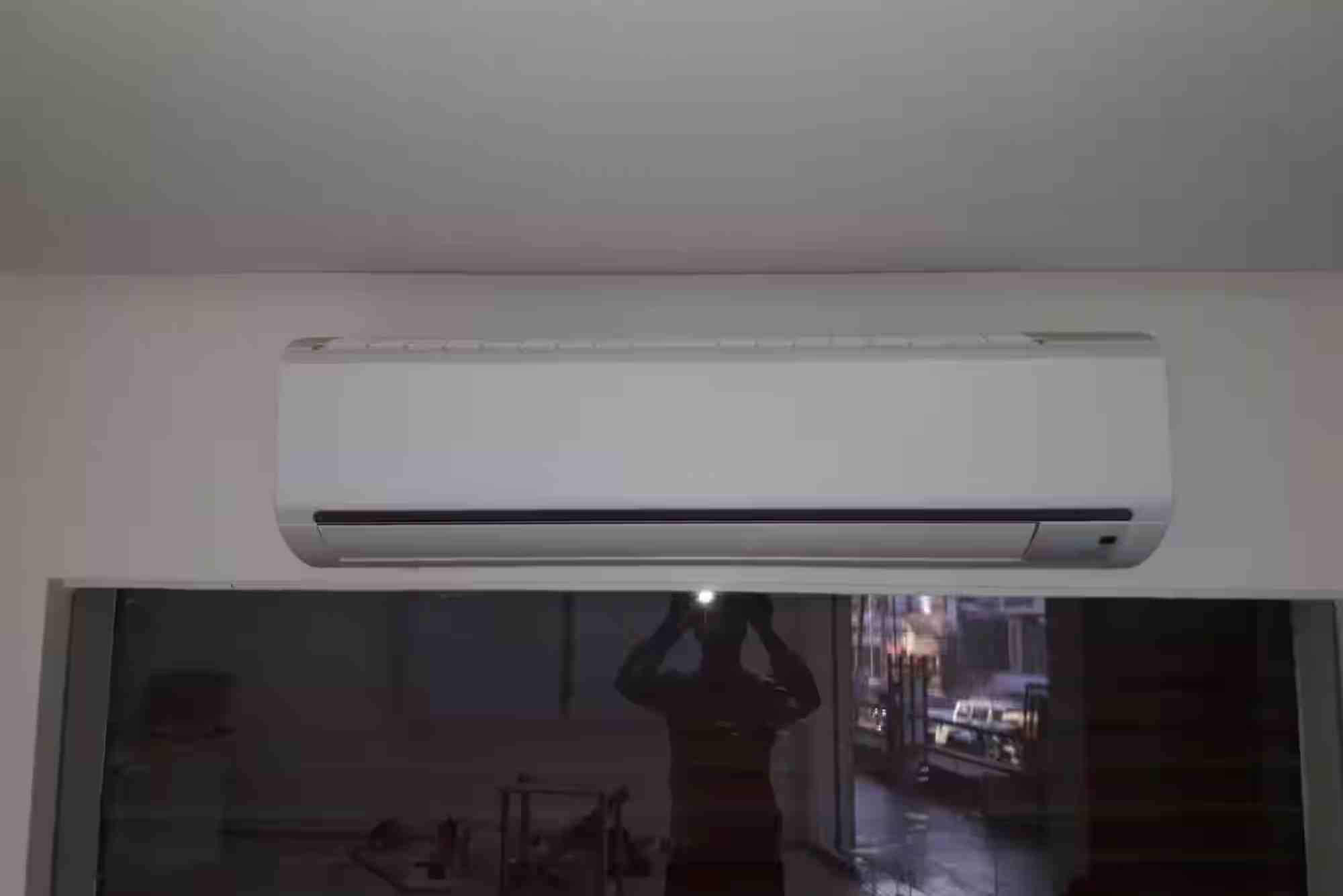Vancouver, one of Canada’s most vibrant cities, has long been known for its high demand for rental properties. With its stunning natural surroundings, diverse culture, and thriving economy, it’s no surprise that many people from around the world seek to rent in Vancouver. However, the city’s rental market presents unique challenges due to its low vacancy rates and rising demand.
In this article, we will explore Vancouver’s rental market in-depth, examining the trends in vacancy rates, factors influencing rental availability, and practical tips for renters and landlords alike. By the end, you’ll have a clear understanding of what to expect when renting in Vancouver and how to navigate the competitive landscape.
Vancouver’s Rental Market Overview
Vancouver is known for its desirable location on the Pacific coast, with access to both mountains and the ocean, making it one of the most sought-after places to live in Canada. It is a city that draws people for a variety of reasons: its economy, its multicultural environment, its quality of life, and, of course, its natural beauty. All of these factors make Vancouver a prime destination for both residents and newcomers.
The Rental Landscape in Vancouver
Vancouver’s rental market consists of a variety of housing options, including apartments, condos, townhouses, and single-family homes. However, due to the city’s limited land availability and expensive real estate, rental units are often in high demand. The constant inflow of new residents, international students, and workers seeking temporary or long-term accommodation has created a challenging rental environment.
The increasing demand, coupled with a restricted supply of rental housing, has led to higher rental prices across the city. While Vancouver’s rental market is diverse, there are significant regional differences when it comes to vacancy rates and pricing, with the downtown core, West End, and Yaletown being among the most competitive areas.
Vacancy Rates in Vancouver
The vacancy rate is a critical metric in understanding the rental market. It refers to the percentage of rental units available for rent at any given time, and it is often used as an indicator of supply and demand.
Historical Trends in Vacancy Rates in Vancouver
Historically, Vancouver’s vacancy rates have been lower than many other Canadian cities. This is largely due to the city’s appeal and limited housing development, leading to a consistent shortage of rental properties. Vacancy rates in Vancouver have generally hovered around 1% to 3% over the past decade, with some years seeing even lower availability.
In 2024, Vancouver’s overall vacancy rate remains below 2%, a figure that continues to underscore the difficulty of finding rental housing. A vacancy rate below 3% is typically considered a sign of a “tight” rental market, where competition for available units is fierce.
How Vancouver Compares to Other Major Cities

When compared to other Canadian cities like Toronto and Montreal, Vancouver’s vacancy rate is lower. For example, Toronto’s vacancy rate in recent years has ranged between 2.5% to 3%, while Montreal has seen vacancy rates closer to 4%. This further emphasizes Vancouver’s unique position as one of the least affordable cities in Canada when it comes to renting.
Factors Influencing Vacancy Rates in Vancouver
Several factors contribute to Vancouver’s consistently low vacancy rates. These include economic forces, government policies, and seasonal fluctuations in demand.
Economic Growth and Population Increase
Vancouver’s economy is strong, driven by industries such as technology, film production, tourism, and international trade. Additionally, the city benefits from high levels of immigration, with many people coming to Vancouver for work, study, and lifestyle reasons. This influx of people has created an ongoing demand for housing.
Moreover, Vancouver has become a destination for investors, particularly from abroad, who purchase real estate as a financial asset. This drives up the cost of both purchasing and renting property, further constraining the availability of rental units.
Government Regulations and Policies
Government policies also play a significant role in Vancouver’s rental market. The provincial government has enacted various rent control measures to protect tenants from steep increases in rental prices. However, these policies have not been enough to alleviate the high demand and supply shortages.
Additionally, restrictions on the development of new rental properties in certain areas and the emphasis on homeownership over renting can limit the availability of rental units, especially in desirable neighborhoods.
Seasonal Fluctuations and Short-Term Rentals
Vancouver’s rental market is also subject to seasonal fluctuations, with higher demand during the summer months and lower demand during the winter. Many people relocate for jobs or school in the spring and summer, which tends to drive up rental prices during these months.
Another factor affecting vacancy rates is the growth of short-term rental platforms such as Airbnb. Property owners who once rented long-term are increasingly turning to these platforms to capitalize on higher rental yields, thereby reducing the number of available rental units for those seeking long-term accommodation
Challenges of Renting in Vancouver
Vancouver’s tight rental market can be difficult for prospective tenants. High demand and limited availability have led to rising rents and intense competition for rental properties. In this environment, renters often face multiple challenges when searching for a place to live.
Increasing Rent Prices and Affordability Concerns
Over the past several years, rental prices in Vancouver have continued to climb, making it increasingly difficult for individuals and families to find affordable housing. While the government has imposed some rent control measures, these have not been sufficient to curb the overall upward trend in rental prices.
For example, the average rent for a one-bedroom apartment in Vancouver’s downtown area can exceed $2,500 per month, with larger units or more desirable locations often commanding even higher rents. Renters may find it difficult to secure housing that fits their budget.
Intense Competition for Rental Units
Due to the low vacancy rate, competition for rental units is fierce. Prospective tenants often need to act quickly when a property becomes available, and they may have to compete with multiple other applicants. In some cases, potential renters may find themselves submitting several applications for different properties without success, which can be frustrating and disheartening.
Additionally, landlords may favor tenants with higher incomes or who can provide excellent references, making it harder for younger renters or those with limited credit history to secure housing.
Practical Tips for Renting in Vancouver: How to Navigate the Competitive Market
While renting in Vancouver can be challenging, there are several strategies that renters can use to increase their chances of finding a suitable home.
Timing Your Search for the Best Results
Timing is crucial when searching for rental properties in Vancouver. It’s advisable to begin looking a few months before your desired move-in date, especially if you’re hoping to secure a place during the peak summer season. Consider expanding your search to less popular areas of the city or neighborhoods outside the downtown core, where vacancy rates might be slightly higher.
Use Multiple Sources for Listings
Be sure to utilize a variety of sources when searching for rental listings. Online platforms like Craigslist, RentBoard, and realtor websites are popular, but some property owners may also post listings through word-of-mouth or smaller rental groups on social media. Make sure you’re exploring all avenues to find available properties.
Understand Your Rights and Responsibilities as a Tenant
Before signing any lease agreement, make sure you fully understand the terms and conditions, including the rent amount, lease duration, and any additional fees. Familiarize yourself with your rights as a tenant under British Columbia’s Residential Tenancy Act, which protects tenants from unfair eviction and provides guidelines for rent increases.
Neighborhoods with Higher Vacancy Rates

While Vancouver’s core areas tend to have low vacancy rates, there are neighborhoods with relatively higher availability. If you’re flexible about location, you may find a more affordable and spacious rental option in these areas.
Suburban Areas Offering More Choices
Neighborhoods such as Burnaby, Richmond, and North Vancouver are seeing increased vacancy rates, providing more rental opportunities. These areas offer a mix of apartments, condos, and family homes at slightly lower prices than Vancouver’s downtown. They also benefit from easy access to public transportation, making them attractive options for renters.
The Future of Vancouver’s Rental Market
The future of Vancouver’s rental market depends on a variety of factors, including ongoing population growth, housing development, and government intervention. As demand for housing continues to outpace supply, vacancy rates may remain low in the coming years, contributing to higher rental prices.
However, new housing projects and policy changes aimed at increasing rental supply could provide some relief for tenants. The push for more purpose-built rental housing and affordable housing initiatives could help balance the market and provide more rental options in the future.
Renting in Vancouver remains a competitive and often challenging experience due to low vacancy rates and rising rental prices. However, with careful planning, strategic timing, and a clear understanding of market trends, renters can increase their chances of finding a suitable home in this beautiful city.
As the city’s rental market continues to evolve, prospective tenants and landlords alike must stay informed about market changes, new policies, and emerging trends. By staying proactive and making informed decisions, renters can navigate Vancouver’s rental market more effectively and secure a place to call home.




